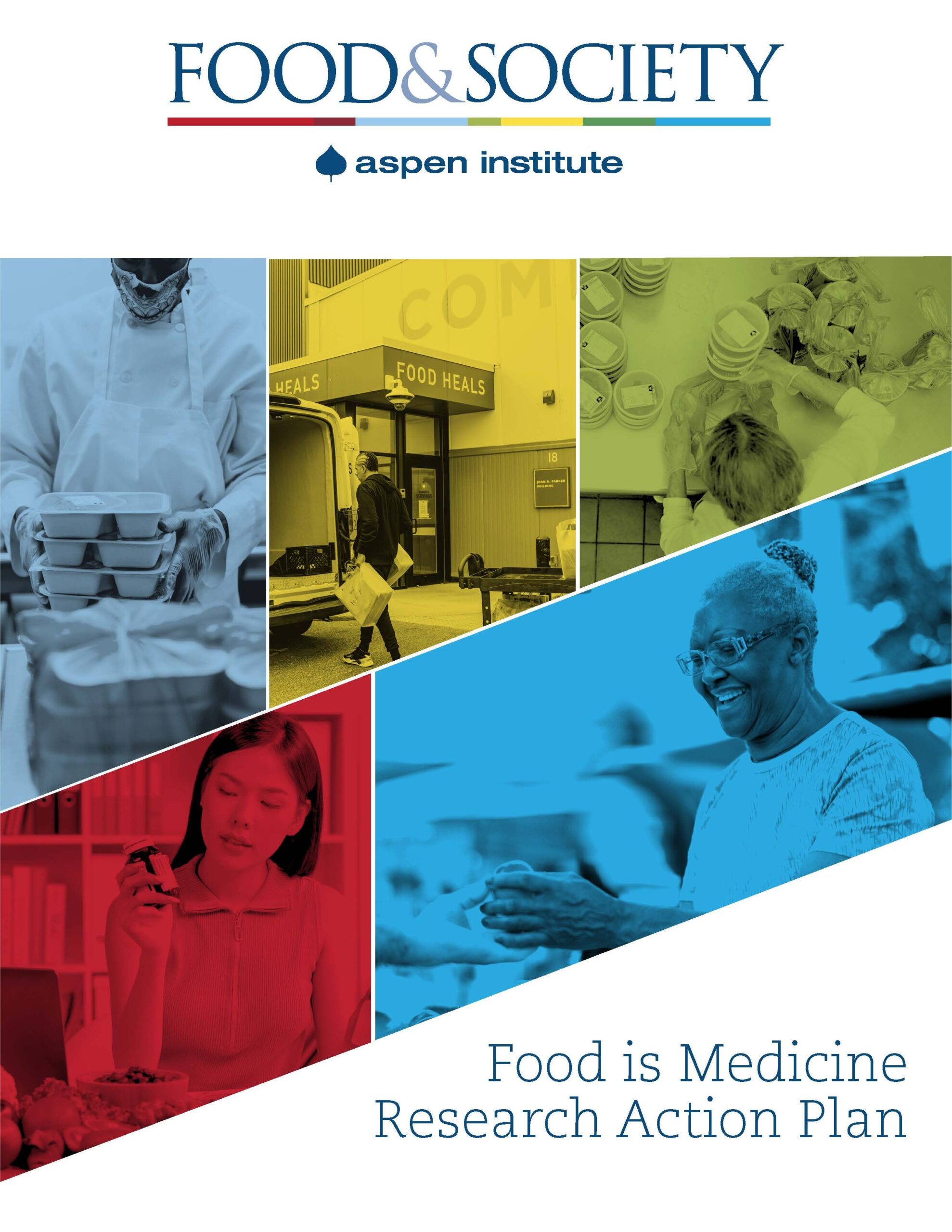Series: The Hands that Feed Us
Exploring Job Quality Challenges in the US Food Supply Chain
Workers in the US food supply chain perform some of the most essential work in our country: producing and processing the food on our tables. The people keeping farms, food and meat processing facilities, restaurants, grocery stores, and delivery and trucking running are a lifeline for us all. Despite the importance of this work, conditions in these industries are marred by low pay, dangerous conditions, and other job quality challenges, including a lack of paid time off and restrictions on the right to organize. Despite working around food all day, workers in our food supply chain, who are disproportionately immigrants, people of color, and women, often struggle with hunger and food security. But there is momentum for change.
Some states are enacting new policies to support farmworkers, and workers across the food supply chain are organizing to demand better working conditions. New business models that promote higher job quality in the food sector are becoming more common. Consumers and actors throughout the food supply chain are increasingly engaged in promoting a more fair and just food system. Join the Aspen Institute’s Food & Society Program and the Economic Opportunities Program for “The Hands that Feed Us: Job Quality Challenges in the US Food Supply Chain,” a new three-part discussion series. In this series, we’ll explore the challenges food workers face and opportunities to create a sustainable food system where workers, businesses, and consumers can grow together.
food is medicine
open access
safety first
Safety First: Protecting Workers and Diners
Safety First features several one-page summaries and infographics that distill the most essential information for restaurants around the country to display for diners and staff. Restaurant managers and employees can take a free 90-minute online training course developed with Rouxbe, and healthcare department professionals also have an online training course developed and hosted by Public Health Foundation.
As many cities and states eased restrictions on indoor dining, and with the full return of outdoor dining in many parts of the country, a group of restaurant industry leaders and organizations met weekly for the better part of a year to release the first national safety standards for dining, simplifying and streamlining city, state and federal guidelines to ensure a safe working and dining environment for employees and customers.
The national guidelines, Safety First: Protecting Workers and Diners, were developed by the Food and Society Program at the Aspen Institute, with support from Lizzie and Jonathan Tisch, the Laurie M. Tisch Illumination Fund, and in collaboration with José Andrés’ World Central Kitchen, the James Beard Foundation, the National Restaurant Association, the Independent Restaurant Coalition, and One Fair Wage. Through these partners, Safety First has been distributed to over a half million restaurant workers and operators across the country.
The guide’s core infographics – the Diner Code of Conduct, Our Covid Pledge, and the Ventilation Guidelines – are also available in Spanish, which can be downloaded here.
In addition to the comprehensive and detailed Safety First guidelines, Food & Society at the Aspen Institute was fortunate to be a working partner with the CDC Foundation in its Food Worker COVID-19 Health Safety Toolkit, launched in July of 2021, to support the frontline food industry workers who continue to work while facing the constantly shifting Covid-19 pandemic daily in the workplace. We incorporated key insights about personal health and vaccination and mental health resources into the online trainings based on Safety First, but invite you to look at and use the Health Safety Toolkit, below.
“Restaurant operators and workers have been working around the clock to bring their restaurants back—and finally they’re seeing that they have a chance. But it’s been next to impossible for them to keep up with complicated, constantly changing procedures and protocols recommended by city, state, and federal authorities,” says Corby Kummer, executive director of the Aspen Institute’s Food and Society Program. “So we set out to create one practical, streamlined, easy-to-use set of guidelines that will guarantee best practices for keeping both workers and diners safe as restaurants reopen.”
Anchored primarily by Dr. Sam Dooley, a retired infection-control specialist who spent 32 years at the Centers for Disease Control, Safety First follows the latest guidance from the CDC and leading members of the Big Cities Health Coalition, and state and city health departments. Uniquely, it was also developed in partnership with the Safety First Executive Committee and Advisors, which the Food and Society Program at the Aspen Institute formed during the initial weeks of the COVID-19 outbreak, and includes leading chefs and restaurant owners, nationally recognized ventilation engineers with decades of experience designing restaurants, safety heads of international hotel companies, leaders of Feeding America, and others.














